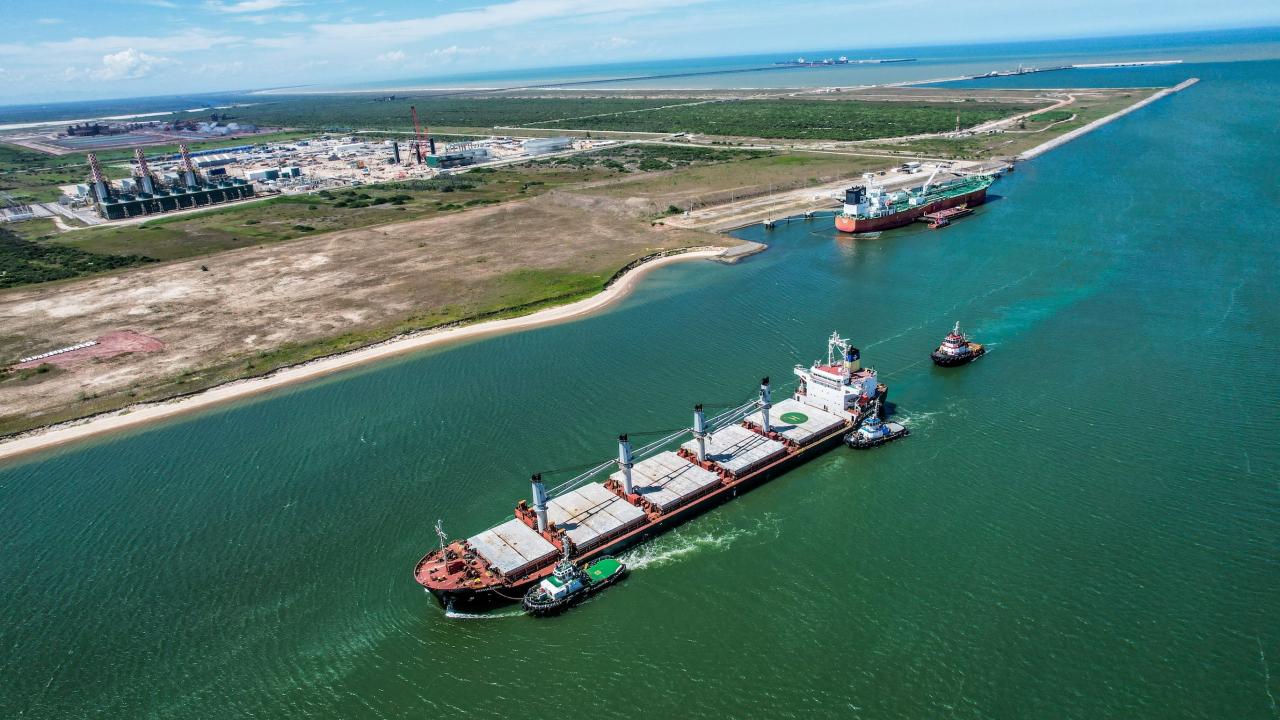
The company signed a land reservation contract with the Port of Açu to develop a plant with an annual production of 800,000 tons of e-Methanol.
HIF Global announced its first project in Brazil, after signing a land reservation contract with the Port of Açu, one of the main maritime terminals in that country, to develop a plant of up to 800,000 tons of e-Methanol production per year.
The agreement was formalized during the ROG.e energy fair in Rio de Janeiro and provides for HIF Global to reserve a large site within the Port of Açu complex to develop its e-Methanol facility. The port will also provide support in the development of the project.
“We have been operating Haru Oni in southern Chile for over a year, the world’s first e-Fuels facility, proving that they are a real and concrete solution to combat climate change now. The Port of Açu will be a fundamental pillar in building a sustainable future and we are excited to work together on this first HIF Global development in Brazil,” said HIF Global President and CEO César Norton .
For its e-Fuels projects, HIF Global seeks sites that meet a combination of optimal conditions: access to low-cost renewable energy, abundant CO2 sources, stable legal frameworks, favourable market conditions and well-developed port facilities.
The Port of Açu, located in the state of Rio de Janeiro, has the preliminary environmental permit for the development of a hydrogen and derivatives hub . The port complex stands out as an important logistics and industrial center and is positioning itself as a player in the renewable energy sector.
The HIF project is expected to attract new investments and boost the local economy.
“The agreement with HIF Global is a milestone for the Port of Açu and the region in this new industry. We are committed to promoting sustainable development and contributing to a cleaner and more energy-efficient future,” said Prumo’s Executive Director of Business Development, Mauro Andrade .
E-Fuels are made using electrolyzers powered by renewable energy to separate hydrogen from oxygen in the water molecule.
Hydrogen is combined with recycled carbon dioxide to produce carbon-neutral e-Fuels such as e-Methanol, which can be used for shipping or converted into gasoline for cars, e-SAF for aircraft and e-Diesel for trucks.
e-Fuels are chemically equivalent to fuels currently used and can therefore be retrofitted into existing engines without modification.










